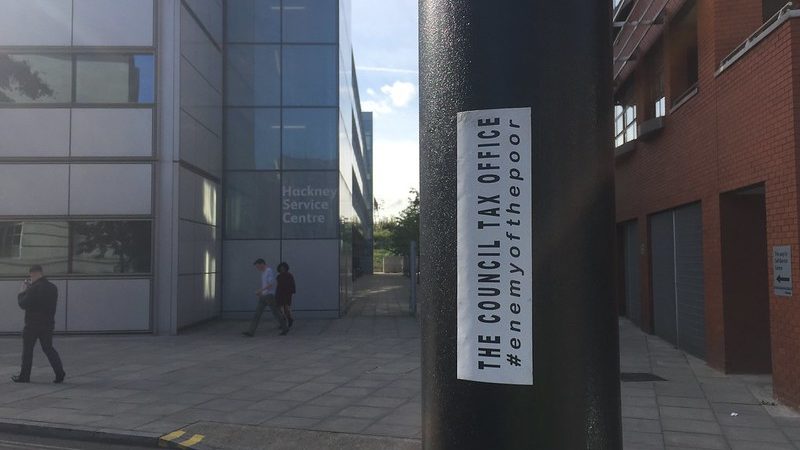As council tax is a regressive tax, the hike will add to the disproportionate impact rising living costs has on people on lower incomes.

Three-quarters of councils are set to raise council tax by 5 percent, in a move that will impact the poorest households the hardest.
The previous amount councils could raise tax by was 2.99 percent. But in the Autumn Statement, chancellor Jeremy Hunt said local authorities could raise council tax by a maximum of 5 percent, in response to soaring inflation.
This week, the county Councils Network (CCN) revealed that 84 of the 114 councils that have published their 2023/24 budget proposals, are planning to make the 5 percent rise.
The rising cost of living is disproportionately affecting poorer households. With fewer resources to cover bills, many on lower incomes are turning to debt just to get by. Consequently, the impact of soaring inflation, alongside the sharpest fall in real-terms pay for more than two decades, is likely to be extended for those on lower incomes.
Council tax is regressive
Campaigners are warning that as council tax is a regressive tax, the hike will add to the disproportionate impact of rising living costs on the poor.
Council tax is based on house prices that are now 30 years out of date and highly regressive. A report in 2022 by Fairer Share, which campaigns for a proportional property tax, found that those living in lower value homes pay more in proportion to the price of their home than those in high value homes. The report gives the example Durham constituency of Easington, where a family in a property worth £100,000 would pay 1.4 percent of their home’s value in council tax each year. This rate is 52 percent higher than the 0.03 percent rate which a £6.2m home in Westminster would pay. In short, proportionately, people in homes that are worth less money pay more in council tax than people in higher value homes.
Andrew Dixon, chair and founder of Fairer Share said: “With millions around the country already struggling to get by this winter, they’re now having to pay out even more to plug local funding gaps.
“Council tax is one of our most unfair taxes and these 5 per cent increases will hit the hardest in the poorest areas of the country, sending many into spiralling debts. The concern is that if we don’t make changes soon, neither households nor local authorities will be able to take the strain.”
Robert Palmer, director of Tax Justice UK, said that with their budgets slashed, local authorities desperately need money. “But council tax is a bad tax with poorer people paying more than higher earners. You can pay lower council tax on a millionaire flat in Mayfair than a small house in the north-east of England.
“The government should reform the way we fund local government. At the very least council tax should be more closely tied to the actual value of people’s homes, with newer bands for the most valuable properties to ensure there is a proper connection between council tax and wealth,” Palmer added.
Gabrielle Pickard-Whitehead is a contributing editor to Left Foot Forward
Image credit: Creative Commons – Russell Shaw Higgs
Left Foot Forward doesn't have the backing of big business or billionaires. We rely on the kind and generous support of ordinary people like you.
You can support hard-hitting journalism that holds the right to account, provides a forum for debate among progressives, and covers the stories the rest of the media ignore. Donate today.



